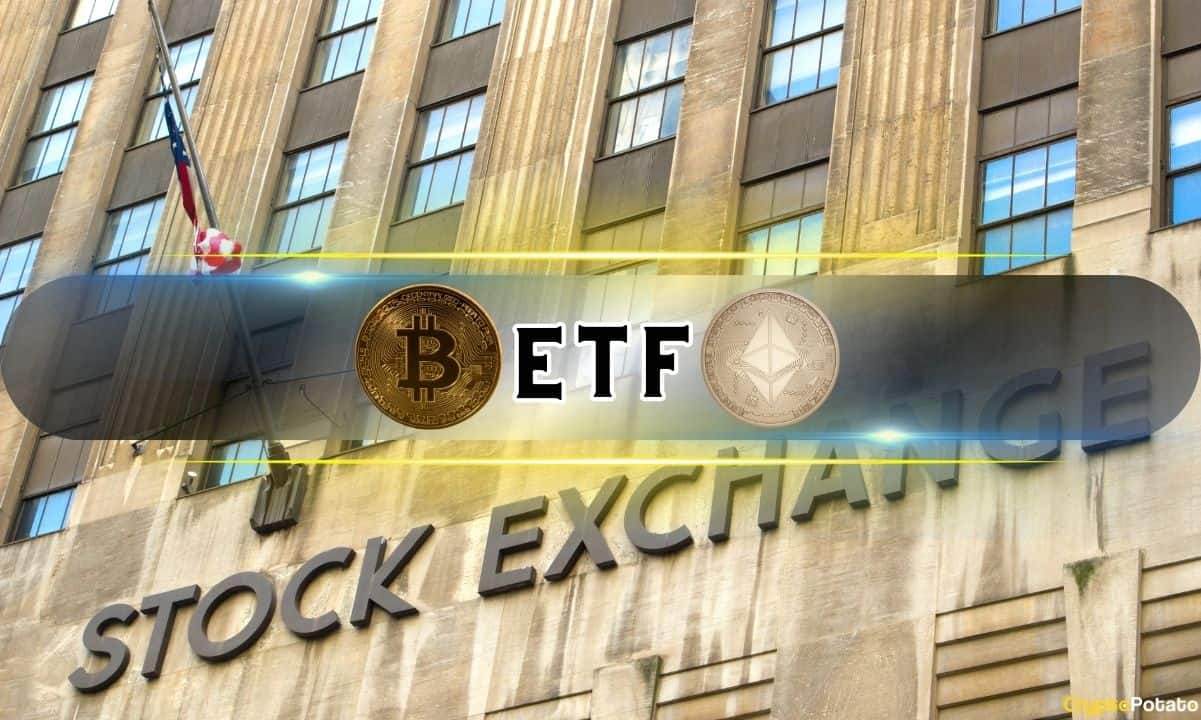Crypto News: India Insists On Its CBDC Gamble, As It Doubles Down On Its Stance Against Crypto
India plans to roll out an RBI-backed digital currency for faster, safer, and transparent payments while limiting private crypto use.
India is preparing to roll out its RBI digital currency. The RBI is a state-backed initiative designed to make transactions faster, safer and more transparent.
Union Minister of Commerce and Industry Piyush Goyal announced the move during his recent visit to Qatar. He explained that the project will be supported by the Reserve Bank of India (RBI) and will work as a reliable alternative to cash-based payments.
RBI’s Push for Regulated Digital Money
The central bank has long been skeptical about privately issued cryptocurrencies like Bitcoin. RBI officials have warned that unregulated assets pose risks to financial stability and investor safety.
Goyal emphasised that India does not support digital currencies that lack sovereign backing or real asset support.
While the government has not banned crypto trading, it discourages its use by imposing strict rules and heavy taxes.
India’s new RBI digital currency aims to be a regulated alternative. It will be faster to use than traditional banking systems and will reduce reliance on paper-based transactions. Goyal noted that the system’s traceability can also help prevent illegal activities like money laundering.
Taxation and Oversight Keep Crypto in Check
Despite India’s role in crypto adoption, the government has made it clear that private cryptocurrencies will remain under tight restrictions.
Profits from crypto trading or transfers are taxed at a flat 30% with a 1% tax deducted at source (TDS) on transactions above specified thresholds. Moreover, Investors cannot offset losses from crypto against other forms of income.
This heavy taxation, combined with strong anti–money laundering rules, has limited mainstream adoption. Several users have even reported bank account freezes linked to peer-to-peer crypto transactions.
RBI’s focus on its new digital currency shows its intention to provide a safer, compliant digital payment option while keeping privately issued tokens on the sidelines.
India’s Experience with CBDC Pilots
India’s central bank launched its first pilot of the Central Bank Digital Currency (CBDC), the digital rupee, in late 2022. This initial rollout targeted wholesale transactions between banks and aimed to reduce interbank settlement costs.
Building on this, the RBI now plans to introduce the digital rupee to retail users and expand its applications. A new pilot for deposit tokenisation is also set to begin soon, using the wholesale CBDC as its foundational layer.
Goyal noted that, unlike stablecoins, which are often tied to private issuers or specific assets, India’s RBI digital currency will rely on direct central bank backing.
He says that this difference will enhance trust and set the cryptocurrency up as a secure alternative for daily transactions.
Government’s Balancing Act on Crypto
The Indian government has repeatedly said it neither encourages nor outright bans crypto. Instead, it is merely “tough” on the sector.
“People can trade crypto at their own risk,” Goyal stated. “If there is no buyer tomorrow, there is no guarantee of value. The government doesn’t encourage or discourage it. We only tax it.”
This stance shows the government’s caution toward digital assets. Officials argue that proper regulation could give private cryptocurrencies recognition similar to legal tender, which they aim to avoid.
The post Crypto News: India Insists On Its CBDC Gamble, As It Doubles Down On Its Stance Against Crypto appeared first on Live Bitcoin News.
También te puede interesar

Miss This and Regret Later: Zero Knowledge Proof (ZKP) Whitelist Opens Soon for Early Access

Kazakhstan Seizes $17M in Crypto, Shuts Down 130 Illegal Exchanges
